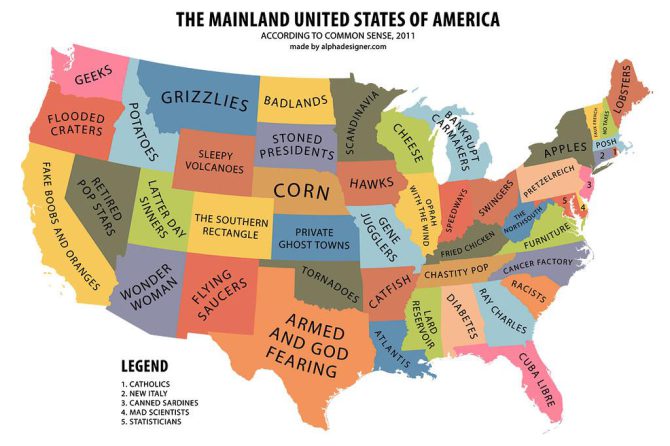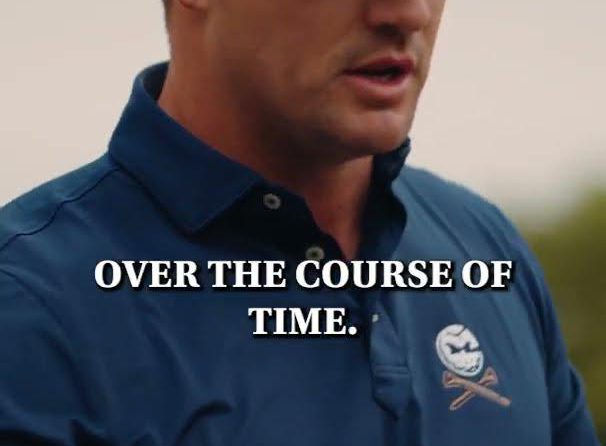Matt Kuchar has withdrawn from the WM Phoenix Open following the unexpected death of his father, Peter Kuchar. He announced the news in a statement, sharing the profound impact his father had on both his personal and professional life. Peter Kuchar, 73, was a constant presence at tournaments and caddied for his son during his successful 1997 U.S.Amateur victory, underscoring the close bond they shared within the sport.This loss not only affects Kuchar personally but also resonates within the golfing community, which has rallied to support him during this difficult time.
Kuchar Withdraws from Phoenix Open Following Father’s Passing
Matt Kuchar’s emotional withdrawal from the Waste Management Phoenix Open comes as a result of the unexpected passing of his father, Peter Kuchar. The 73-year-old, who was widely recognized as a constant presence at tournaments, died suddenly while on a cruise with his wife, Meg. This tragic news, conveyed to Matt just days before the event, prompted him to step back and prioritize family over competition.
Peter Kuchar played an influential role in Matt’s life and career, famously caddying for him during his triumphant 1997 U.S. Amateur victory. In addition to this landmark moment, Peter supported his son at numerous high-stakes tournaments, serving not just as a caddie but as a source of wisdom and encouragement. His presence at events will be sorely missed, as he was known for instilling confidence in his son and fostering a love for the sport.
In light of this heartbreaking circumstance, Matt Kuchar expressed his profound sadness and emphasized the importance of family during such a difficult time.The golf community has come together to support Matt in this period of mourning, illustrating the deep connections and bonds that exist within the sport. As Kuchar reflects on his father’s legacy, he can be remembered not only as a steady mentor but also as a cherished figure in the world of golf.
Impact of Personal Loss on Professional Athletes
In a poignant decision, professional golfer Matt Kuchar withdrew from the Phoenix Open following the death of his father. this incident underscores the profound emotional toll that personal loss can exert on athletes,often affecting their mental state and performance on the field. For many, the pressures of professional sports can be compounded by the grief of losing a loved one, leading to challenges that extend beyond physical readiness.
Loss can disrupt an athlete’s focus and confidence, resulting in a whirlwind of emotions that may hinder their ability to perform at peak levels. The impact of such an event can manifest in various ways, including:
- Decreased concentration: Grieving individuals may find it difficult to concentrate, as their minds are consumed with thoughts of their loss.
- Physical Symptoms: Grief can lead to fatigue, changes in appetite, and heightened stress responses, all of which can affect an athlete’s physical condition.
- Emotional Strain: Feelings of sadness,anger,or confusion can create barriers to maintaining the mental resilience required for competitive sports.
in the aftermath of such a personal tragedy, the support system surrounding professional athletes becomes crucial. Many organizations and teams are increasingly recognizing the importance of mental health resources. Initiatives may include:
| Support System | Description |
|---|---|
| Professional Counseling | Access to mental health professionals who specialize in grief and performance anxiety. |
| Peer Support Groups | Structured environments where athletes can share experiences and coping strategies. |
| Media Training | Education on how to handle public scrutiny and personal loss while maintaining professionalism. |
Coping strategies for Grief in Sports: Insights and Recommendations
The emotional turmoil of losing a parent can be overwhelming, especially for professional athletes who must navigate both personal grief and the demands of their sport. In light of Matt Kuchar’s withdrawal from the Phoenix Open following his father’s death,it’s essential to recognize effective coping strategies that can support athletes in similar situations. Acknowledging the significance of one’s feelings is crucial; allowing space for mourning can help athletes process their loss without the added pressure of competition. Engaging in open conversations with teammates, coaches, or mental health professionals can bolster support systems, providing an avenue for expressing grief.
Moreover,setting realistic expectations during the grieving process can prove invaluable. Athletes should avoid the trap of imposing timelines on their recovery, understanding that grief is a deeply personal journey that varies for everyone.Establishing small,manageable goals can guide them during this challenging time,ensuring they focus on the aspects of their sport that they can control. Integrating routine practices,such as meditation or mindfulness,can also promote mental clarity and emotional balance,enabling athletes to regain focus gradually.
it’s vital for sports organizations and support networks to cultivate an habitat that prioritizes mental health awareness. Workshops and training sessions that address grief management and emotional resilience can empower athletes to navigate their losses more effectively. Encouraging a culture of empathy and understanding within the sports community not only normalizes grief but also reminds athletes that they are not alone in their struggles. By implementing thes strategies,athletes can better cope with the profound impact of loss,allowing them to eventually return to their sport with renewed strength and perspective.
community support: The Role of Fans and Fellow Players in Times of Loss
The emotional landscape of sports is often shaped by the profound connections players have with their loved ones, and the loss of such pivotal figures can shake their very foundation. This was evident when Matt Kuchar withdrew from the Phoenix Open following the passing of his father. During such challenging times, the role of fans and fellow players becomes crucial as they provide not just support, but also a sense of communal healing. For Kuchar,the outpouring of love and empathy from both spectators and his peers during this difficult time served as a reminder that the golfing community stands together in moments of grief.
Fellow players frequently enough rally around those in mourning,demonstrating solidarity through heartfelt gestures,such as wearing commemorative gear or taking a moment of silence before tournaments. These acts not only honor the memory of the departed but also foster a supportive environment where the grieving player can feel less isolated.Kuchar’s experience highlighted the importance of this camaraderie, as he received numerous messages and gestures from other golfers, revealing how tightly knit the professional golf community really is.
Moreover, fans contribute considerably to the emotional restoration of a mourning player. Their cheers and encouragement can create a sense of normalcy and connection to the game during tumultuous times. As seen in Kuchar’s case, fans frequently express their condolences and support through social media and at tournament events, creating a wave of emotional backing that can help lift spirits in the wake of personal loss. This collective support exemplifies how sports can transcend mere competition, becoming a sanctuary where shared experiences foster growth, resilience, and mutual respect.
As Matt Kuchar steps away from the WM Phoenix Open in the wake of his father’s sudden passing,the golfing community rallies around him,offering condolences and support during this difficult time. Peter Kuchar, who served as his son’s caddie and a steadfast presence throughout his career, leaves behind a legacy that transcends the sport. The Kuchar family, along with fans and fellow golfers, reflect on the profound impact of Peter’s unwavering support and dedication. As the tournament continues,it serves as a reminder of the personal struggles athletes face beyond the fairway and the importance of family in navigating both triumphs and tragedies in life.





